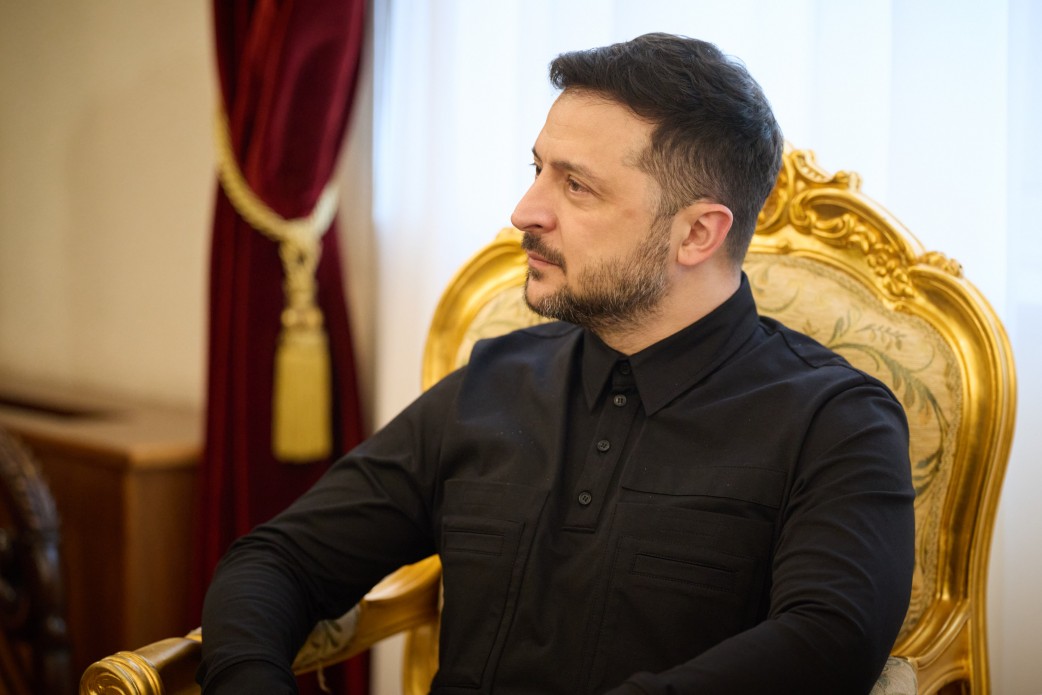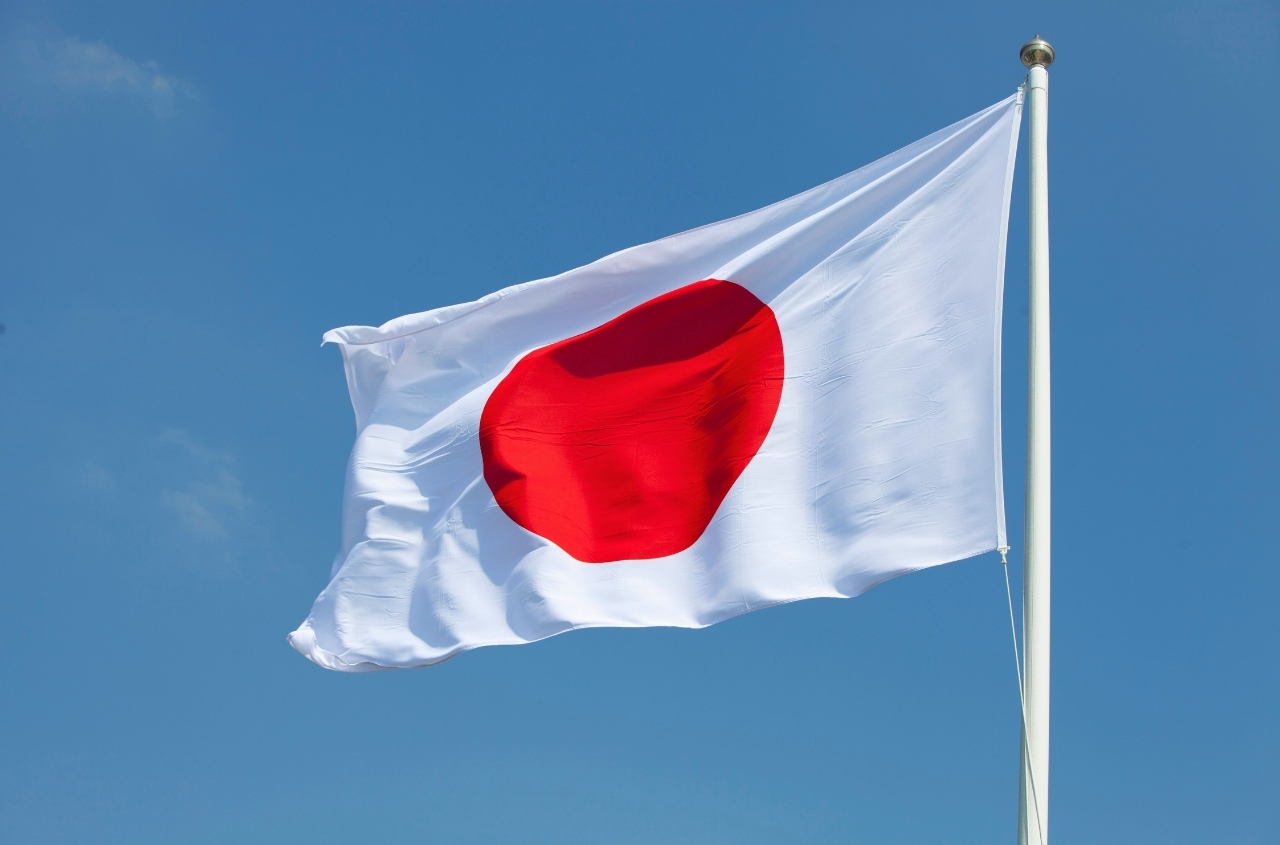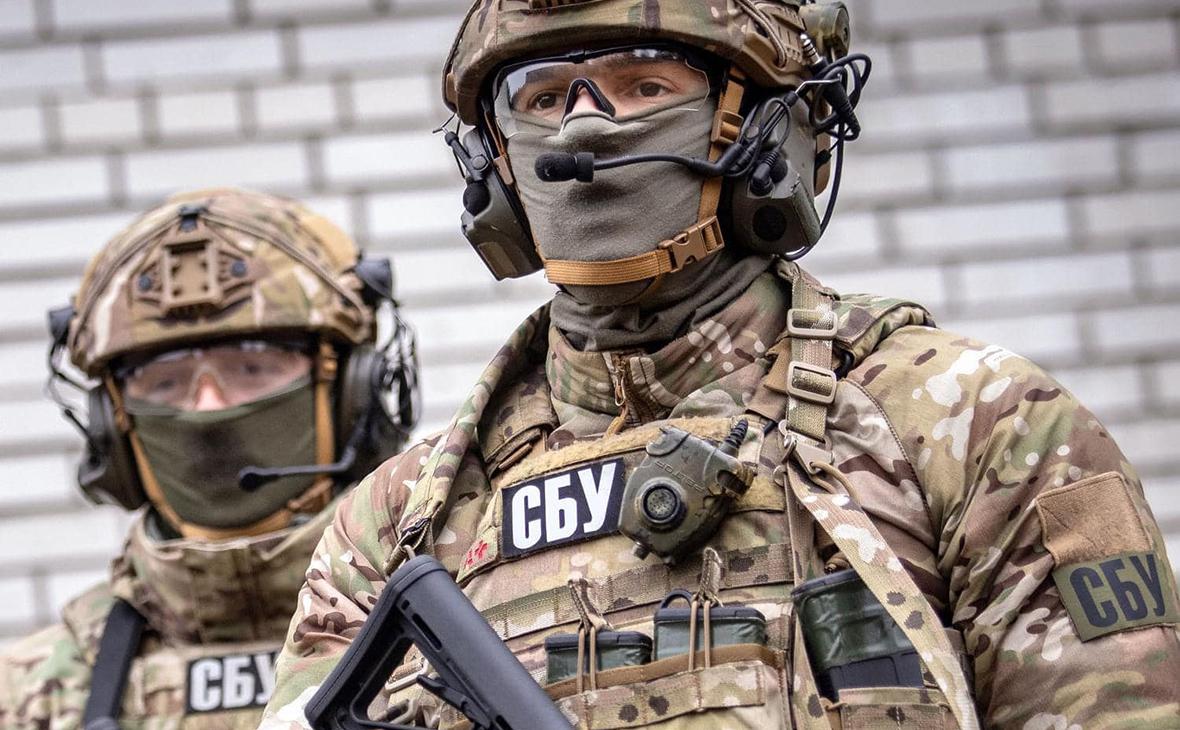All photos by Ivan Strakhov
Stabilisation works have been completed in the building of the Odesa National Fine Arts Museum, which sustained significant damage after a Russian missile hit on 5 November 2023. Emergency measures have been taken in the main and administrative buildings of the museum, which is an architectural monument of national importance, with the support of the ALIPH Foundation with co-funding from the European Union. The operator of the assistance is the Museum for Change NGO.
‘Thanks to the quick response and support of our partners, ONFAM was able to celebrate its 125th birthday in a fully stabilised building, with the renovated columns that are our hallmark, and a renovated administrative building where the team returns to work. In the first three quarters of 2024, we welcomed more than 12,000 visitors. Altogether, it inspires us and helps us to keep going,’ says Kateryna Kulai, director of the Odesa National Fine Arts Museum.
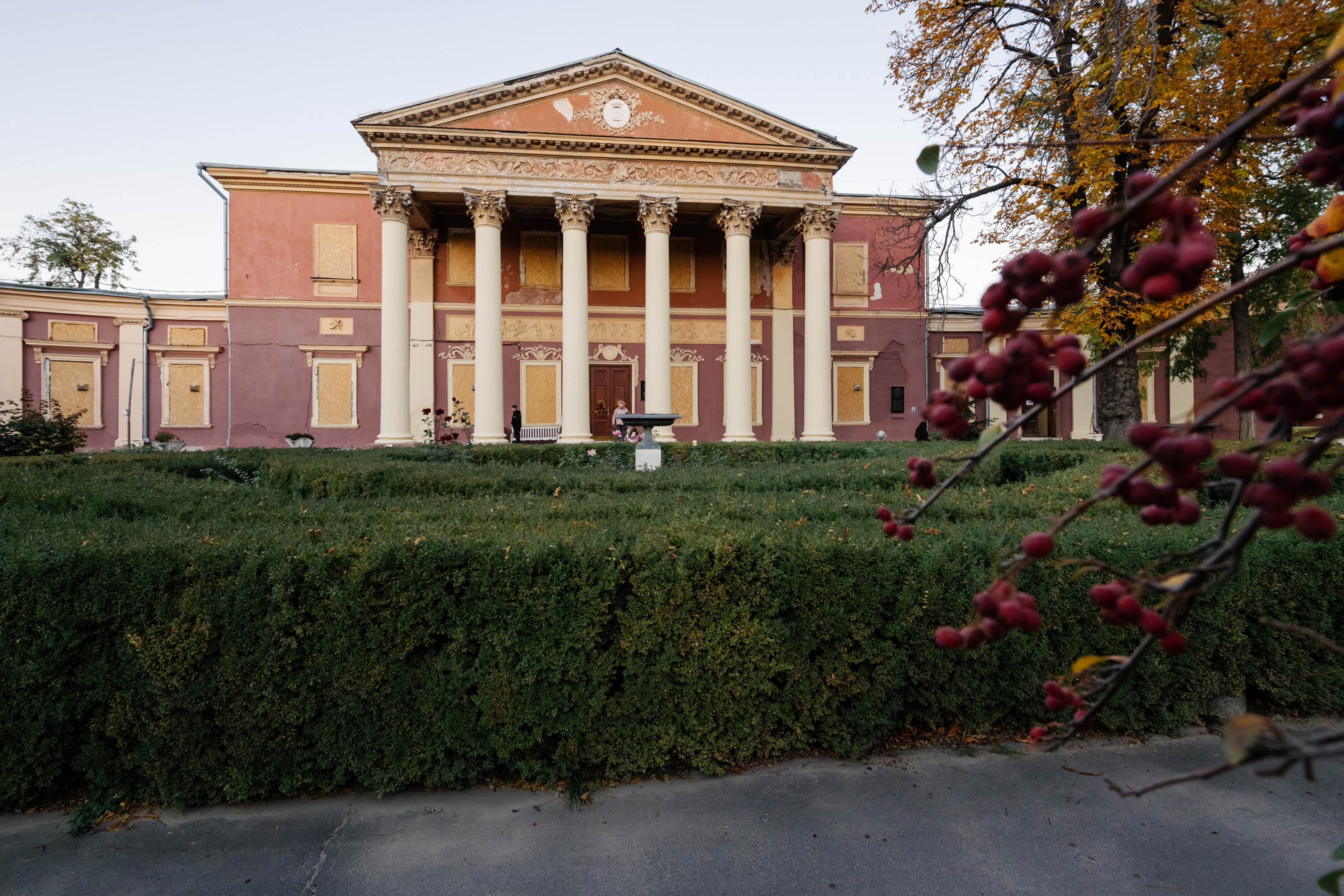
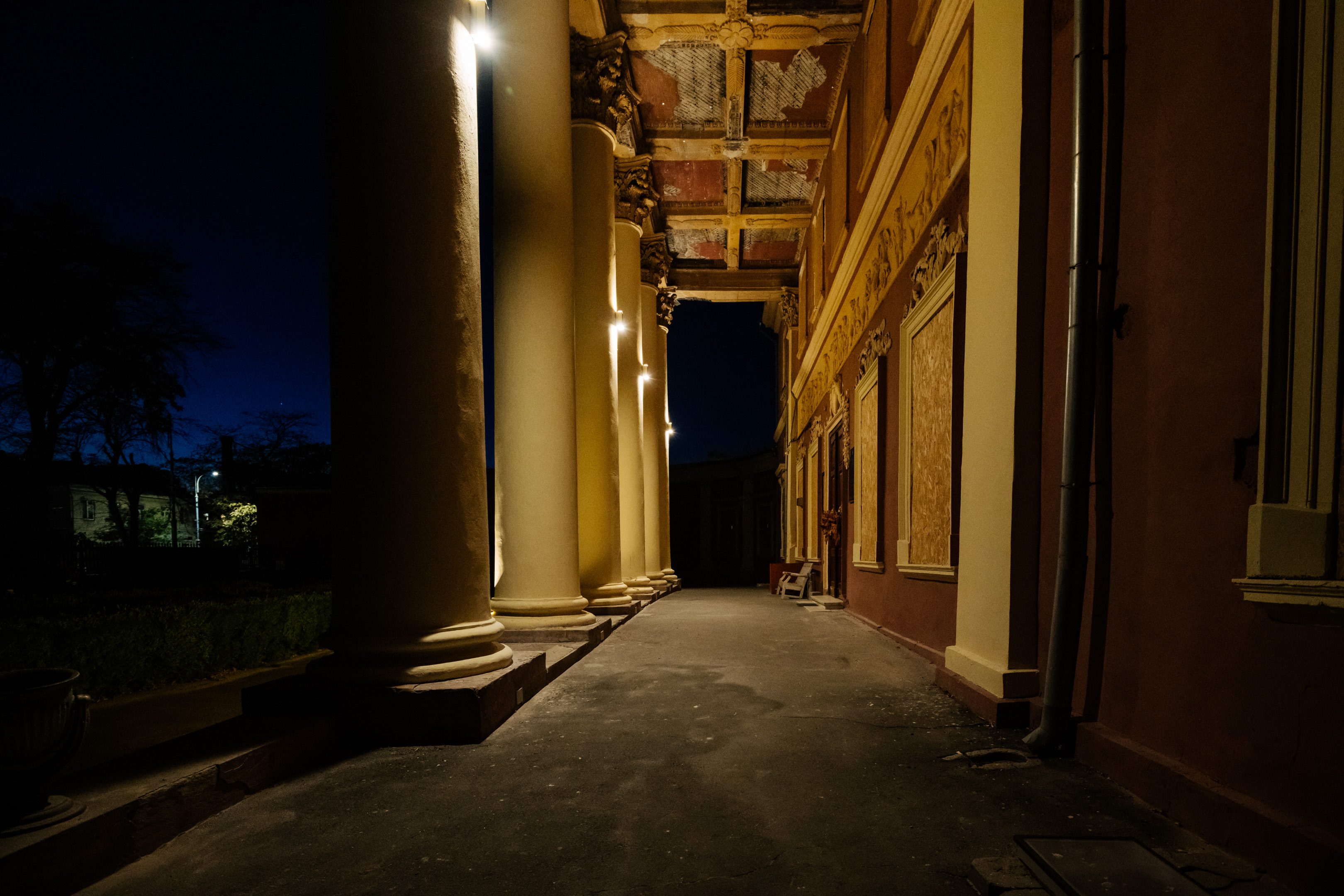
The total area of damage was almost 1400 square metres. The cost of this amount of work on the architectural monument exceeded 250 000 euros, but the budget was optimised to 142 000 euros. These funds were used to reinforce the ceiling and walls and replace windows in the administrative building, which suffered the most from the explosion and required serious stabilisation work.
The façade of the main building was repaired, along with the columns of the entrance group. The damaged finishes were removed from the cornice and ceiling of the entrance area, while preserving the surviving decorative elements for future reconstruction. The ceiling above the main entrance is now covered with alkali-resistant reinforcing glass mesh, and the ceilings in the affected exhibition halls on the first and second floors were additionally reinforced.
“In October 2023, I had the fortune to visit the Odesa National Fine Arts Museum and meet with many dedicated cultural heritage professionals working in the museum and the region more generally. They have shown incredible, unflagging commitment to protecting their cultural heritage. ALIPH has been by the sides of these and other Ukrainian heritage professionals since the beginning of the war, and we will continue to support them for as long as is required,” says Valéry Freland, ALIPH Executive Director.
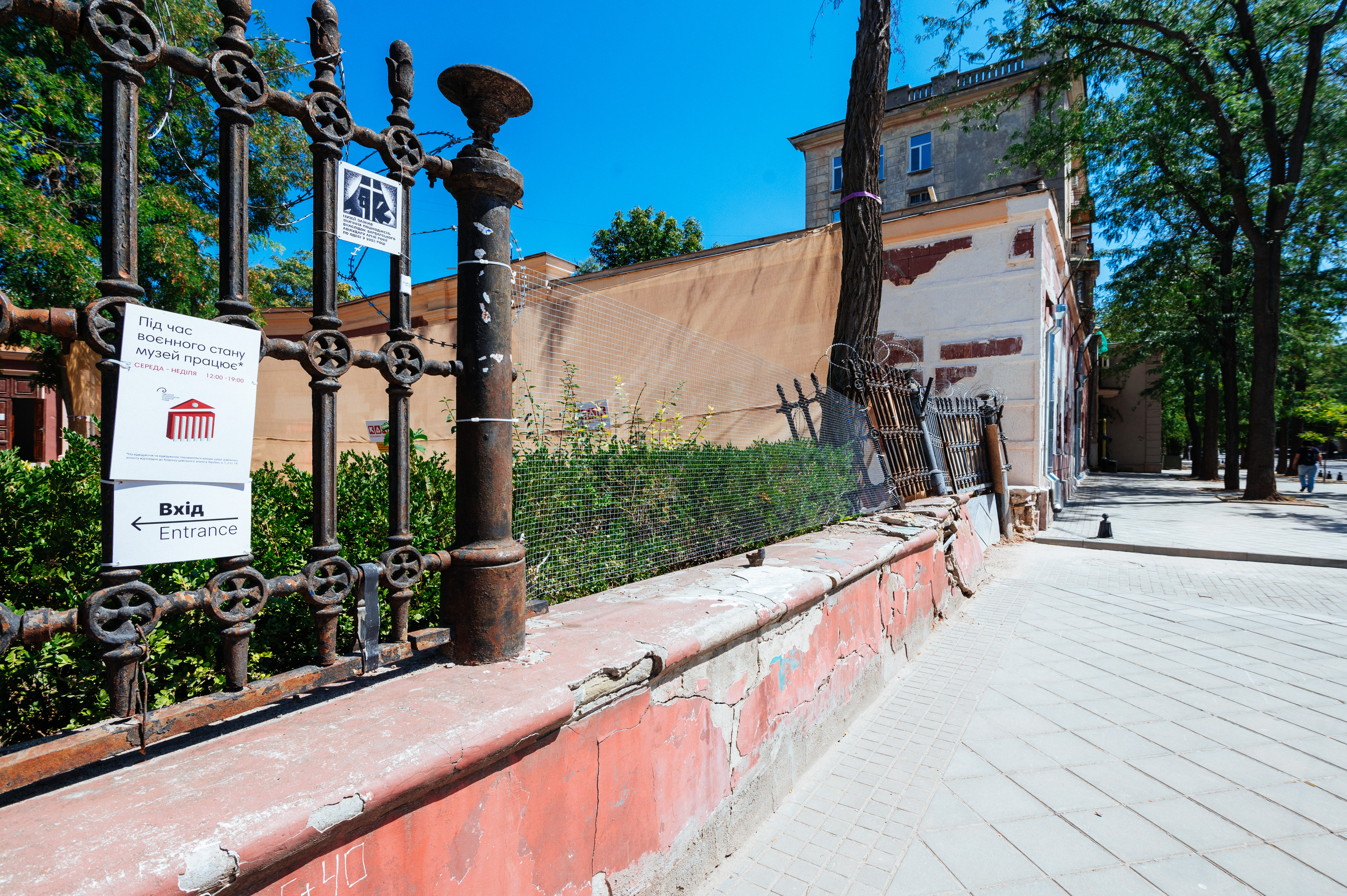

An important part of the work was the installation of recuperation on the windows covered with OSB protection — this allows for air ventilation, which is necessary for the safe display of works of art at the current exhibitions.
‘Stabilising the building of the Odesa National Fine Arts Museum and supporting its work is much more than just preserving the walls and ceilings. It is about hope, about supporting the morale of the citizens and the museum community. It is about struggle, resilience and resistance to aggression. This is another reminder to people about the importance of culture, art, and history even in the most difficult times,’ says Daria Dyakova, Executive Director of the NGO Museum for Change.
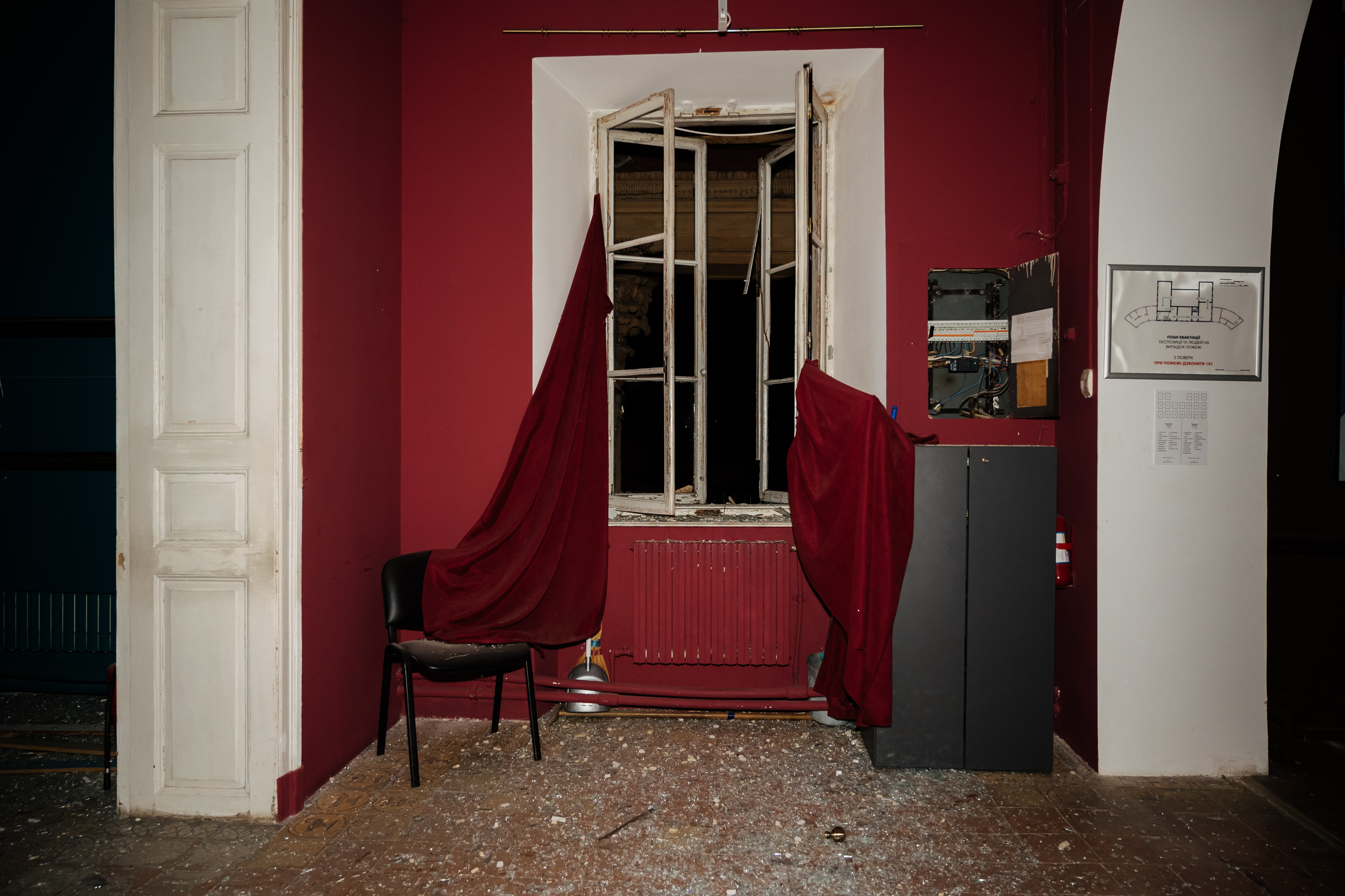
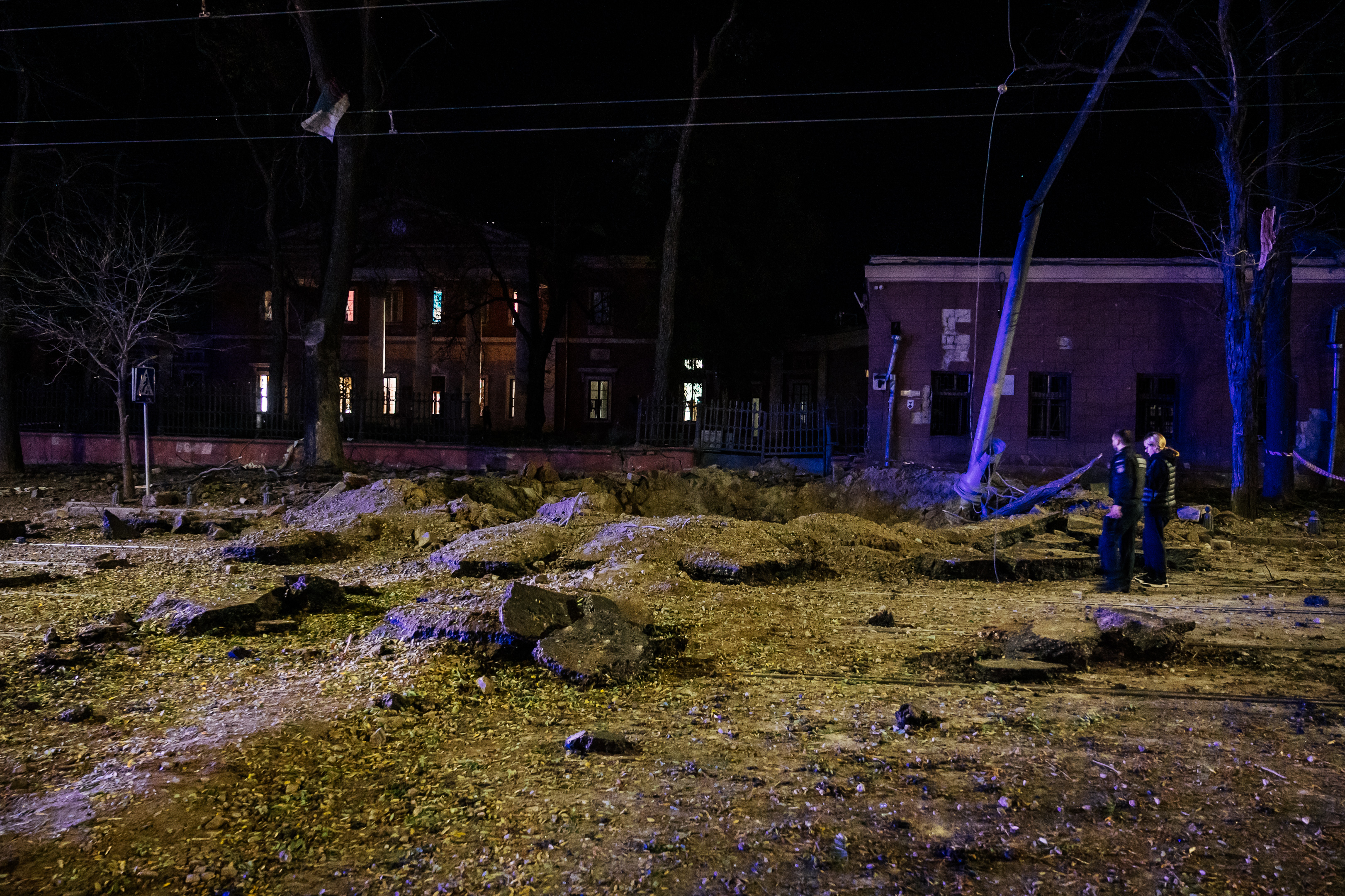
Urgent emergency work in the ONFAM buildings will minimise the impact of vibrations and blast waves, and wait for the full restoration, which was scheduled for 2022 and was postponed due to the full-scale invasion. Since the beginning of the full-scale invasion, ALIPH has been helping to protect the collections of Ukrainian museums. Together with Museum for Change, 49 projects have been implemented, with more than 120 Ukrainian cultural institutions receiving assistance.
About
The Odesa National Fine Arts Museum was established in 1899 on the initiative of the then mayor of Odesa, philanthropist and collector Grigory Marazli. The museum has an outstanding collection of art objects and is located in the centre of Odesa, in the old Naryshkin Palace. A kind of revival of the Okhm as an important cultural point on the map of the city and the country began in 2017, when it was headed by the artist Oleksandr Roitburd (1961-2021). In 2021, the museum was granted national status. Despite a significant reduction in funding, staff, and damage to the building from a Russian missile attack, the museum continues its exhibition and educational activities during a full-scale war.
Museum for Change is an NGO established in 2017 to empower museums of Odesa and support their communication and fundraising efforts. After the beginning of the full-scale invasion of the Russian Federation to Ukraine main objective of the organization is supporting Ukrainian cultural institutions to preserve their collections and teams during the war by establishing partnerships with international organizations and private donors. Since March 2022, 81 projects have been implemented with funds such as UNESCO, ALIPH, Cultural Emergency Response, House of Europe, Hogan Lowells, the World Monuments Fund, and private donors.
















